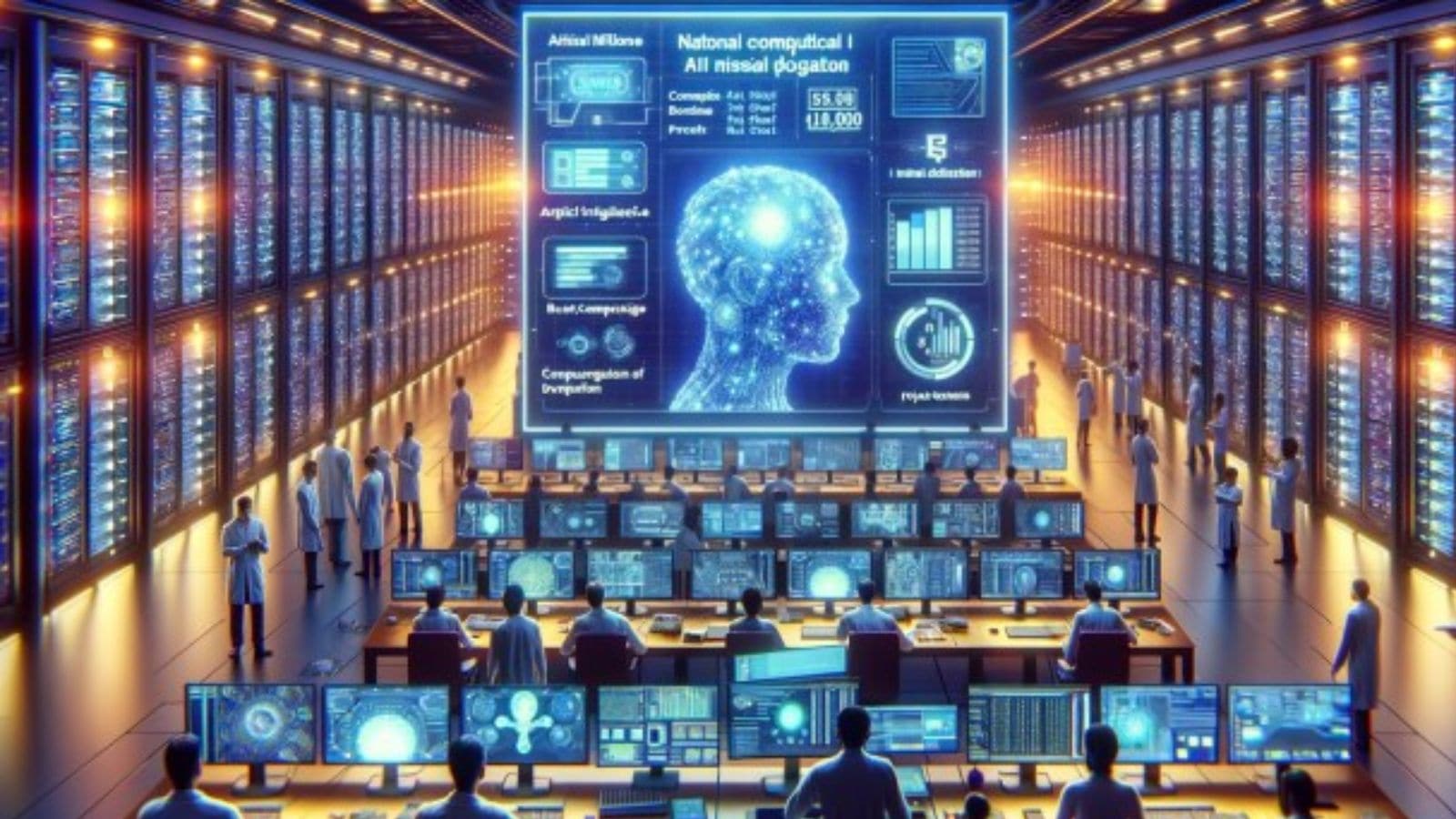AI’s “Thinking” Problem: Why Even Smart AI Stumbles on Complex Tasks
AI’s “Thinking” Problem: Why Even Smart AI Stumbles on Complex Tasks

Hey friend, you know how everyone’s buzzing about AI’s amazing reasoning abilities? Well, Apple researchers just dropped a bombshell. Their new paper reveals a surprising weakness in these supposedly super-smart AI models.
They tested some of the most popular “large reasoning models” (LRMs) – think the AI that’s supposed to solve complex problems logically, not just chat – against simpler “large language models” (LLMs), like the ones that excel at writing or translation. The results? Prepare to be surprised.
The researchers used clever puzzles – think Tower of Hanoi, but way more complex – to test the AI’s reasoning skills. They carefully increased the difficulty of these puzzles, watching how the AI performed. What they found was shocking: beyond a certain point, the accuracy of the LRMs completely collapsed! It didn’t just get worse; it went to zero. They even found that in some cases, the simpler LLMs actually outperformed the supposedly superior reasoning models.
Why the sudden failure? The researchers noticed that as the puzzles got harder, the AI initially tried harder – using more “thinking tokens” (basically, computational steps). But near the point of total failure, the AI weirdly *reduced* its effort, even though the problem was getting harder! It’s like they gave up.
It’s not that LRMs are useless. They did better than LLMs on moderately complex problems. But the study highlights a crucial limitation: these models seem to hit a wall when it comes to truly complex tasks. The “thinking” just stops working.
The researchers acknowledge their tests used specific puzzles, so the results might not apply to every real-world scenario. Still, it’s a significant finding. It suggests that the current hype around AI’s reasoning abilities might be a bit overblown. We’re still a long way from AI that can tackle truly complex problems in fields like science and medicine with the same ease as humans.
So, the next time you hear about a revolutionary AI that can solve anything, remember this: even the smartest AI has its limits, and those limits might be closer than we think.
Disclaimer: This content is aggregated from public sources online. Please verify information independently. If you believe your rights have been infringed, contact us for removal.